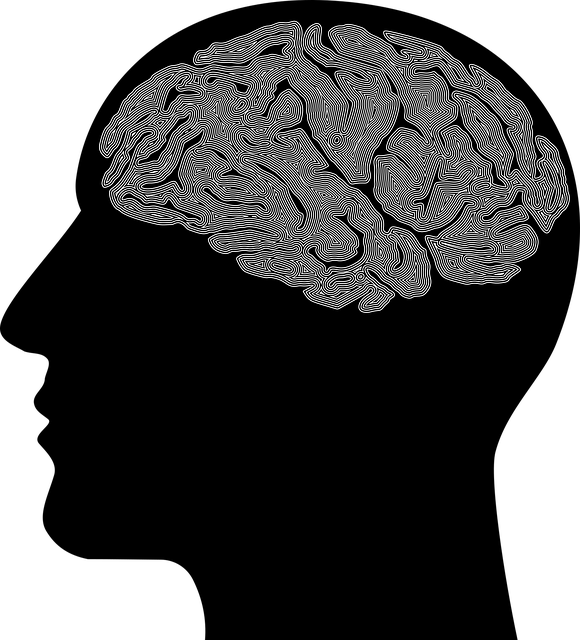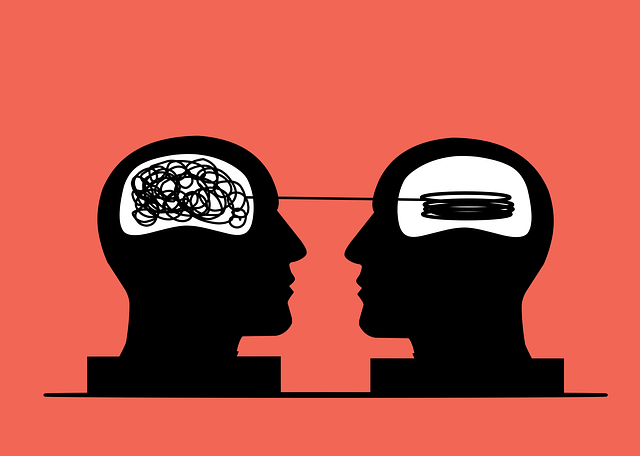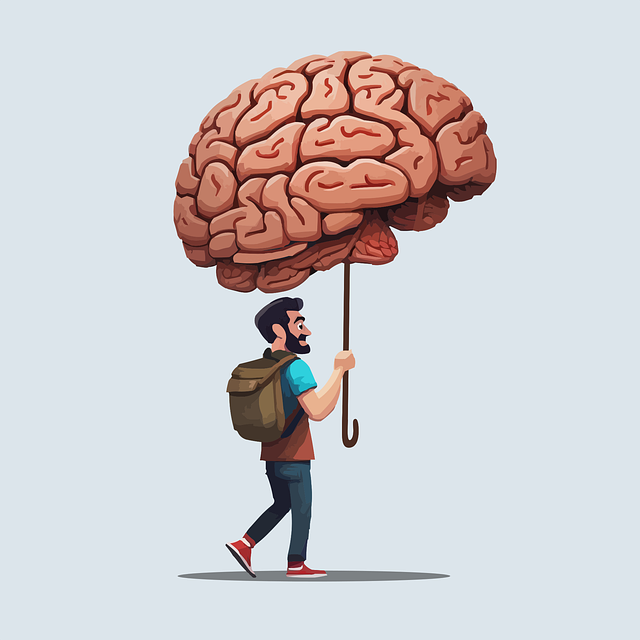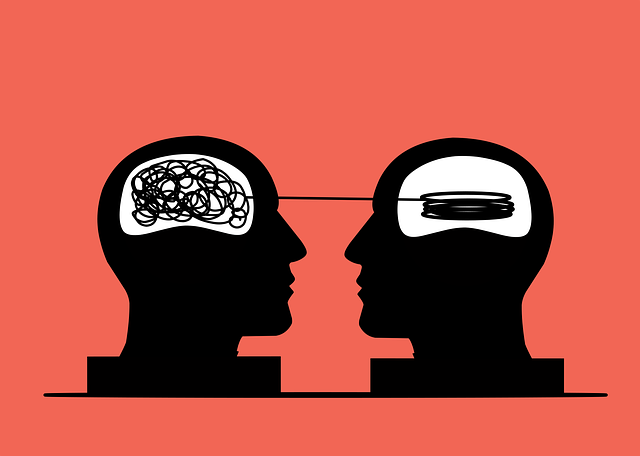Englewood EMDR Certified Therapy empowers mental wellness groups through specialized facilitation techniques, creating a safe space for healing and growth. Combining EMDR, mindfulness, and empathy-building strategies, facilitators skillfully navigate complex emotions, enhancing open communication. This approach fosters trust, improves emotional intelligence, and promotes personal transformation. With structured activities, risk management, and regular assessments, these groups achieve tangible outcomes, supporting participants' mental wellness journeys towards inner strength and improved quality of life.
Mental wellness group facilitation plays a pivotal role in fostering collective support and enhancing individual healing. This article delves into the intricate dynamics of mental health groups, offering a comprehensive guide for facilitators. We explore powerful techniques, such as Englewood EMDR Certified Therapy, to create safe spaces encouraging open communication and trust. Learn effective strategies for measuring progress and facilitating meaningful group sessions that promote mental wellness.
- Understanding Mental Wellness Group Dynamics
- Englewood EMDR Certified Therapy: An Overview
- Facilitation Techniques for Effective Group Sessions
- Encouraging Open Communication and Trust
- Measuring Success and Group Progress
Understanding Mental Wellness Group Dynamics

In the realm of mental wellness group facilitation, understanding dynamic interactions among participants is paramount. Groups can serve as powerful catalysts for healing and growth, but they also present unique challenges. Each individual brings their own experiences, beliefs, and emotional states, which can vary greatly within a single session. Facilitators play a crucial role in navigating these dynamics, fostering an environment of safety, respect, and open communication. Techniques such as Englewood EMDR Certified Therapy can be instrumental in promoting self-awareness exercises that encourage members to explore their thoughts and feelings.
Empathy building strategies are essential tools for facilitators to create connections and understand the perspectives of group members. By implementing these strategies, facilitators can enhance the sense of belonging and trust within the group. Moreover, integrating stress reduction methods like mindfulness techniques or guided meditation can help participants manage their emotions and promote a more balanced mental state. These practices contribute to a harmonious group dynamic where individuals feel supported in their journey towards improved mental wellness.
Englewood EMDR Certified Therapy: An Overview

Englewood EMDR Certified Therapy offers a specialized approach to mental wellness group facilitation. This therapeutic method leverages Eye Movement Desensitization and Reprocessing (EMDR), a proven technique that assists individuals in processing traumatic memories and enhancing emotional intelligence. By combining this with group dynamics, facilitators create a supportive environment for participants to share experiences, learn effective communication strategies, and build resilience.
The certification ensures that therapists are equipped with the latest techniques and best practices for facilitating mental wellness groups. They understand how to navigate complex emotions within a group setting, fostering open dialogue while maintaining a safe space. This holistic approach not only addresses individual emotional needs but also promotes better interpersonal connections, contributing to overall psychological well-being.
Facilitation Techniques for Effective Group Sessions

Effective group facilitation is key to successful mental wellness sessions, fostering a supportive environment that encourages open dialogue and profound personal growth. For professionals like Englewood EMDR Certified Therapists, utilizing specific techniques can enhance engagement and outcomes. One powerful method involves active listening, where facilitators pay close attention to each participant’s experiences, validating their feelings and insights without judgment. This not only builds trust but also allows for a deeper exploration of emotions and challenges.
Additionally, incorporating structured activities such as guided meditations or self-awareness exercises (as featured in the Mental Wellness Podcast Series Production) can calm participants and enhance focus. Risk Management Planning is another crucial aspect, ensuring facilitators are prepared to handle potential triggers or crises while prioritizing everyone’s safety and well-being. These techniques collectively contribute to a dynamic and therapeutic group experience, catering to diverse mental health needs.
Encouraging Open Communication and Trust

In facilitating mental wellness groups, fostering an environment that encourages open communication and trust is paramount. This begins with establishing clear ground rules that emphasize confidentiality, ensuring participants feel safe to share their experiences without fear of judgment. Techniques like active listening and non-verbal validation from facilitators play a crucial role in building trust, enabling individuals to express their thoughts and emotions freely.
Englewood EMDR Certified Therapy emphasizes the importance of open dialogue for inner strength development. Self-Awareness Exercises can help participants gain deeper insights into their thoughts and feelings, fostering self-acceptance and empathy within the group dynamic. Moreover, regular risk assessments for mental health professionals are essential to ensure a safe space, allowing facilitators to proactively manage any potential risks or challenges that may arise during group interactions.
Measuring Success and Group Progress

Measuring success and group progress is a vital aspect of effective mental wellness facilitation. As facilitators, we must go beyond simply filling a room with engaged participants to truly gauge impact. Englewood EMDR Certified Therapy emphasizes the importance of tangible outcomes and improved quality of life for each member. By regularly assessing individual and collective progress, we can tailor our approaches and ensure that the group’s journey remains aligned with their unique needs.
This process involves both qualitative and quantitative methods. Observing participants’ active engagement, emotional expression, and participation in exercises designed to foster inner strength development and emotional regulation provides valuable insights. Additionally, structured assessments and feedback mechanisms allow us to quantify progress, identify areas for further support, and offer targeted Trauma Support Services. Through these combined approaches, we can confidently track the group’s overall wellness evolution.
Mental wellness group facilitation is a powerful tool, offering individuals a supportive environment to navigate their journeys. Techniques like Englewood EMDR Certified Therapy provide structured frameworks for healing and growth. By fostering open communication, building trust, and utilizing effective facilitation methods, leaders can create a safe space that encourages progress and empowers members. Measuring success through consistent evaluation ensures the group’s effectiveness, allowing participants to thrive and reach their mental wellness goals.














